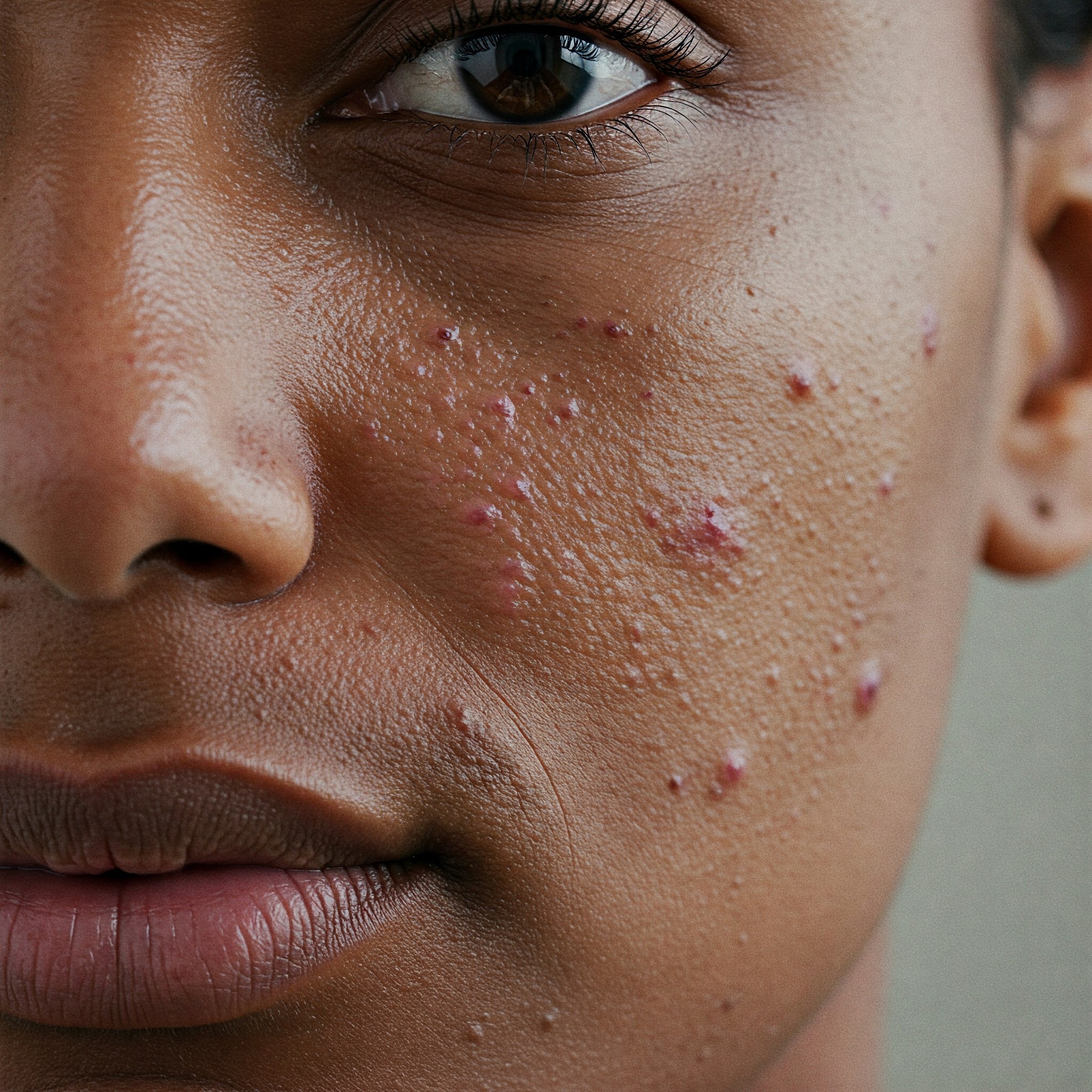
Best Over-the-Counter Acne Treatments: Banishing Blemishes
Acne is a common skin condition that affects millions of people, often causing frustration and self-consciousness. While prescription medications can be effective, many people prefer to start with over-the-counter (OTC) acne treatments. Finding the best over-the-counter acne treatments for your specific needs can be a game-changer, helping you achieve clearer, healthier skin. This comprehensive guide explores top-rated OTC acne products, key ingredients to look for, and tips for choosing the right treatment for your skin type and concerns.
Understanding Acne: Causes and Types
Acne develops when hair follicles become clogged with oil, dead skin cells, and bacteria. This can lead to various types of blemishes, including:
- Whiteheads: Closed, plugged pores.
- Blackheads: Open, plugged pores.
- Papules: Small, red bumps.
- Pustules: Pus-filled pimples.
- Nodules: Large, painful bumps under the skin.
- Cysts: Deep, pus-filled, painful bumps.
Key Ingredients in OTC Acne Treatments
1. Benzoyl Peroxide
Benzoyl peroxide is a powerful antibacterial ingredient that kills acne-causing bacteria, reduces inflammation, and helps unclog pores. It’s available in various concentrations (2.5% to 10%), and it’s often found in cleansers, creams, gels, and spot treatments.
- Pros: Effective for mild to moderate acne, available in various formulations.
- Cons: Can be drying and irritating, may bleach fabrics.
2. Salicylic Acid
Salicylic acid is a beta-hydroxy acid (BHA) that exfoliates the skin, unclogs pores, and reduces inflammation. It’s effective for treating blackheads and whiteheads, and it’s often found in cleansers, toners, and spot treatments.
- Pros: Gentle exfoliation, helps prevent new breakouts.
- Cons: May not be as effective for inflammatory acne, can be drying.
3. Adapalene
Adapalene is a retinoid that helps regulate skin cell turnover, unclogging pores, and reducing inflammation. It’s effective for treating blackheads, whiteheads, and mild to moderate acne. Adapalene is available as a gel.
- Pros: Effective for preventing and treating acne, less irritating than other retinoids.
- Cons: Can increase sun sensitivity, may cause initial dryness and irritation.
Choosing the Best Over-the-Counter Acne Treatment
- Skin Type: Consider your skin type (oily, dry, sensitive) when choosing a product.
- Acne Severity: Choose a product based on the severity of your acne (mild, moderate, severe).
- Product Type: Select a product type that suits your needs and preferences (cleanser, toner, cream, gel, spot treatment).
- Ingredients: Look for products with proven acne-fighting ingredients, such as benzoyl peroxide, salicylic acid, or adapalene.
- Sensitivity: If you have sensitive skin, start with a lower concentration of active ingredients and gradually increase as tolerated.
Top-Rated Over-the-Counter Acne Treatments
- Differin Gel (Adapalene): This retinoid gel is effective for preventing and treating acne.
- Neutrogena On-the-Spot Acne Treatment (Benzoyl Peroxide): This spot treatment targets individual blemishes with benzoyl peroxide.
- Clean & Clear Persa-Gel 10 (Benzoyl Peroxide): This maximum-strength benzoyl peroxide treatment targets stubborn acne.
- La Roche-Posay Effaclar Duo Acne Spot Treatment (Benzoyl Peroxide): This dual-action treatment combines benzoyl peroxide with micro-exfoliating LHA to target blemishes and prevent new breakouts.
- CeraVe Acne Foaming Cream Cleanser (Benzoyl Peroxide): This foaming cleanser gently removes dirt and oil while treating acne with benzoyl peroxide.
Tips for Using OTC Acne Treatments
- Start Slowly: Introduce new products gradually to avoid overwhelming your skin.
- Be Patient: It may take several weeks or months to see significant results.
- Follow Instructions: Use the product as directed on the packaging.
- Sun Protection: Use sunscreen daily, especially when using retinoids, as they can increase sun sensitivity.
- Moisturize: If your skin becomes dry or irritated, use a gentle, oil-free moisturizer.
- Consult a Dermatologist: If your acne is severe or doesn’t improve with OTC treatments, consult a dermatologist for personalized advice.
Beyond OTC Treatments: Other Tips for Managing Acne
- Gentle Cleansing: Wash your face twice a day with a mild cleanser.
- Avoid Harsh Scrubs: Avoid harsh scrubs or exfoliants, which can irritate your skin.
- Hands Off: Avoid touching your face or picking at blemishes.
- Healthy Diet: Eat a balanced diet and stay hydrated.
- Stress Management: Manage stress through exercise, relaxation techniques, or other healthy habits.
Conclusion
Finding the best over-the-counter acne treatments can be a journey, but with the right information and products, you can achieve clearer, healthier skin. Consider your skin type, acne severity, and individual needs when choosing a product. Remember to be patient, consistent, and consult a dermatologist if needed. With a little effort and the right treatment, you can banish blemishes and achieve the clear complexion you desire.
